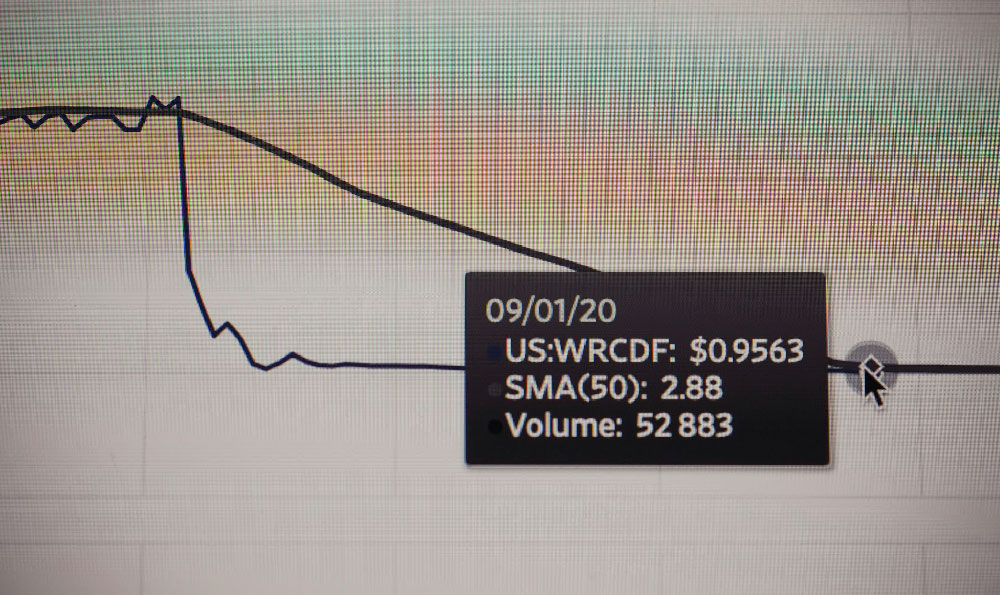A career as a meteorologist, dedicated to understanding and predicting weather patterns, offers a unique blend of scientific inquiry and public service. For many drawn to this field, the motivation extends beyond monetary gain, rooted in a fascination with atmospheric phenomena and a desire to contribute to public safety and informed decision-making. However, understanding the financial realities of this profession is crucial for anyone considering this career path. The earning potential for meteorologists varies considerably, influenced by factors such as experience, education, specialization, employer, and geographic location.
Let’s delve into the details of meteorologist salaries. Broadly speaking, the average salary for meteorologists in the United States falls within a range, and this range is constantly being refined by ongoing data collection and analysis from organizations like the Bureau of Labor Statistics (BLS). The BLS provides comprehensive data on various occupations, including those in the atmospheric sciences, which encompasses meteorology. These statistics are often used as a benchmark, but it's important to understand that the "average" salary can be misleading, as it represents the central tendency and doesn't reflect the entire spectrum of earnings.
Entry-level meteorologists, fresh out of university with a bachelor's or master's degree, typically earn less than their more experienced counterparts. Their initial roles might involve assisting senior meteorologists, collecting and analyzing data, running models, and communicating basic weather information. Salaries at this stage reflect the learning curve and the relatively lower level of responsibility. As meteorologists gain experience and demonstrate proficiency in forecasting, data analysis, and communication, their earning potential increases significantly.

Experience is a major driver of salary growth in this field. A meteorologist with five years of experience can expect to earn substantially more than someone just starting out. This is because they have developed a deeper understanding of weather patterns, honed their forecasting skills, and built a track record of accuracy and reliability. They may also have taken on more complex responsibilities, such as leading forecasting teams, developing new forecasting techniques, or presenting weather information to the public.
Education plays a critical role. While a bachelor's degree in meteorology or a related field (such as atmospheric science, physics, or mathematics) is often the minimum requirement for entry-level positions, a master's or doctoral degree can open doors to more advanced roles and higher salaries. Advanced degrees equip meteorologists with specialized knowledge and research skills, making them more competitive for positions in research institutions, government agencies, and private sector companies that require in-depth analysis and modeling. For example, a meteorologist with a PhD might conduct research on climate change, develop new weather models, or teach at the university level. These roles typically command higher salaries than those that primarily involve forecasting.
Specialization within meteorology also influences earning potential. Some meteorologists specialize in specific areas, such as broadcast meteorology, aviation meteorology, forensic meteorology, or climate science. Each specialization has its own unique demands and skill requirements, which are reflected in the salaries offered. Broadcast meteorologists, who present weather forecasts on television or radio, often earn higher salaries than those in other areas, particularly if they work for major networks in large media markets. Their visibility and communication skills are highly valued, and their salaries reflect their ability to engage and inform the public. Aviation meteorologists, who provide weather information to pilots and air traffic controllers, play a crucial role in ensuring the safety of air travel. Their expertise in aviation weather hazards and their ability to interpret and communicate complex weather data are essential for safe flight operations. Forensic meteorologists, who investigate weather-related accidents and incidents, use their knowledge of meteorology to reconstruct past weather conditions and determine the role of weather in these events. Their expertise is often sought after by insurance companies, law firms, and government agencies. Climate scientists, who study long-term climate trends and patterns, work to understand the causes and consequences of climate change. Their research is essential for informing policy decisions and developing strategies to mitigate the impacts of climate change.
The type of employer significantly impacts salary. Meteorologists are employed by a variety of organizations, including government agencies (such as the National Weather Service and the Federal Aviation Administration), private sector companies (such as weather forecasting services, consulting firms, and energy companies), and academic institutions (such as universities and research centers). Government agencies often offer competitive salaries and benefits packages, while private sector companies may offer higher salaries but with less job security. Academic institutions offer the opportunity to conduct research and teach, but salaries may be lower than those in other sectors. For instance, a meteorologist working for a private weather forecasting service that provides specialized weather information to businesses may earn more than a meteorologist working for a government agency in a general forecasting role. The private sector often values specialized skills and the ability to generate revenue, which can translate into higher salaries.
Geographic location also plays a role in determining meteorologist salaries. Salaries tend to be higher in areas with a high cost of living or a high demand for meteorologists. For example, meteorologists working in major metropolitan areas or in regions prone to extreme weather events may earn more than those working in rural areas or in regions with more moderate climates.
Beyond base salary, meteorologists may also receive benefits such as health insurance, retirement plans, paid time off, and professional development opportunities. Some employers may also offer performance-based bonuses or stock options. These benefits can add significantly to the overall compensation package and should be considered when evaluating job offers.
In conclusion, the salary for a meteorologist is a multifaceted issue, significantly influenced by experience, education, specialization, employer, and geographic location. While the average salary provides a general benchmark, it's crucial to consider these individual factors when assessing potential earning potential. Aspiring meteorologists should carefully research the various career paths available and pursue education and training that will enhance their skills and increase their competitiveness in the job market. Continuously developing expertise and staying abreast of the latest advancements in weather forecasting and climate science are essential for career advancement and higher earning potential. The combination of passion for the science, dedication to public service, and strategic career planning can lead to a fulfilling and financially rewarding career in meteorology.











